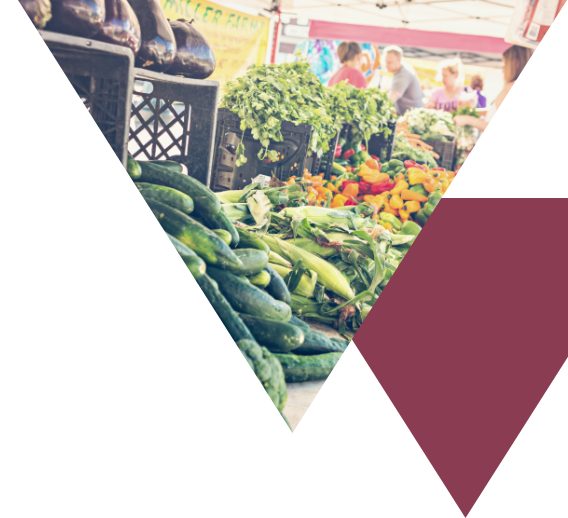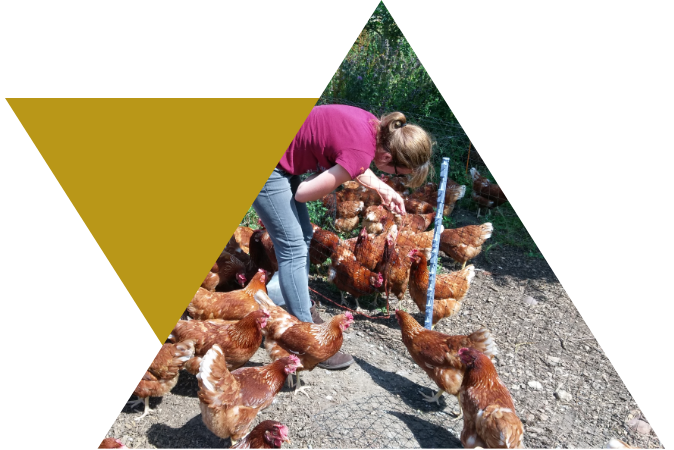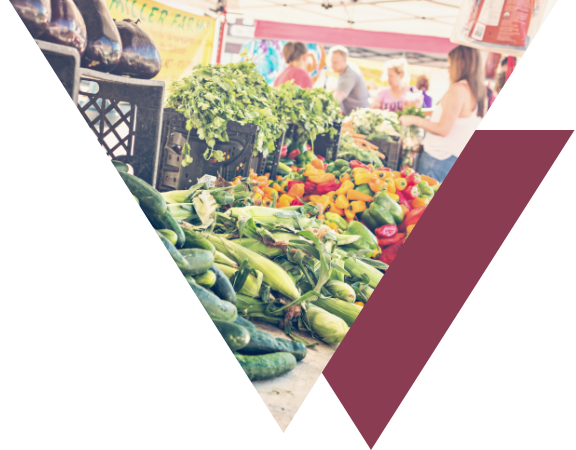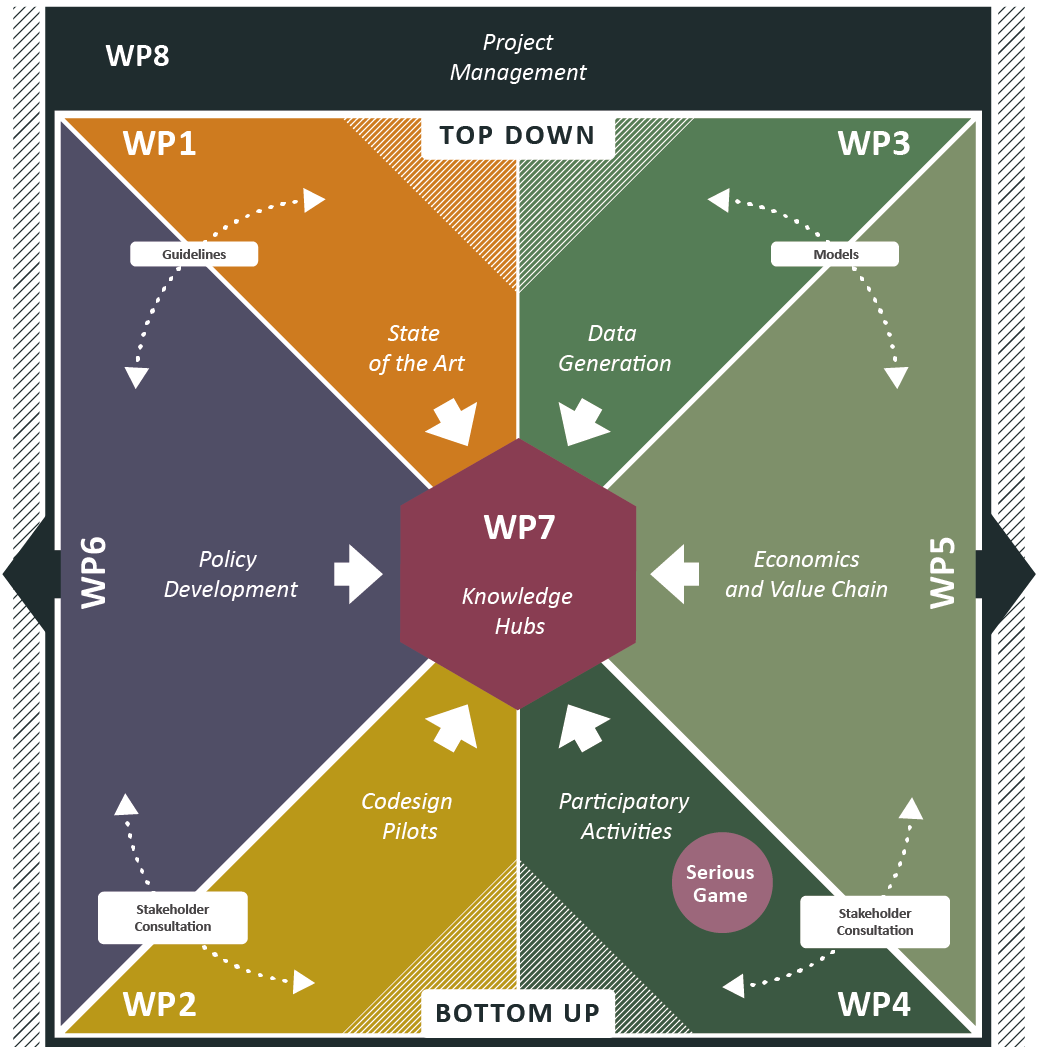AGROMIX delivers participatory research to drive the transition towards resilient farming and efficient land use in Europe.


The project collects information from previous projects, ongoing trial sites and the experiences of farmers and land managers to identify the best options for transitioning towards these systems in each region of Europe.

AGROMIX analyses current agricultural value chains and identifies obstacles to innovation in different agro-climatic and socio-economic contexts, using these findings to present practical solutions to transition towards alternative land use systems. Implementing mixed farming and agroforestry allows farmers to diversify their production, reducing their dependence on the success of a single product, thus improving their income stability.

From its network of 83 agricultural study sites, AGROMIX selected 12 pilot projects based in three agro-climatic zones (Atlantic, Continental, Mediterranean) to develop, test and improve models and user-friendly tools to assist land managers in implementing and monitoring climate-resilient land use based on mixed farming and agroforestry principles.

AGROMIX uses results from its 12 in-depth studies to develop models and transition scenarios adapted to the climates of each agro-climatic region, presenting policy options for different scales and time frames.

With the support of innovative tools (such as serious games), AGROMIX contributes to policy development and stakeholder-led action plans to integrate agroecological principles into existing policy frameworks. These policy recommendations support the transition towards resilient agricultural systems that mitigate climate change in different socio-economic contexts at the local, regional, national and EU levels.

Using a transdisciplinary, multi-actor approach, AGROMIX facilitates collaboration between farmers, researchers and policymakers, working together to design and implement low-carbon and climate-resilient societies.






AGROMIX is divided into eight work packages
Implemation diagram

